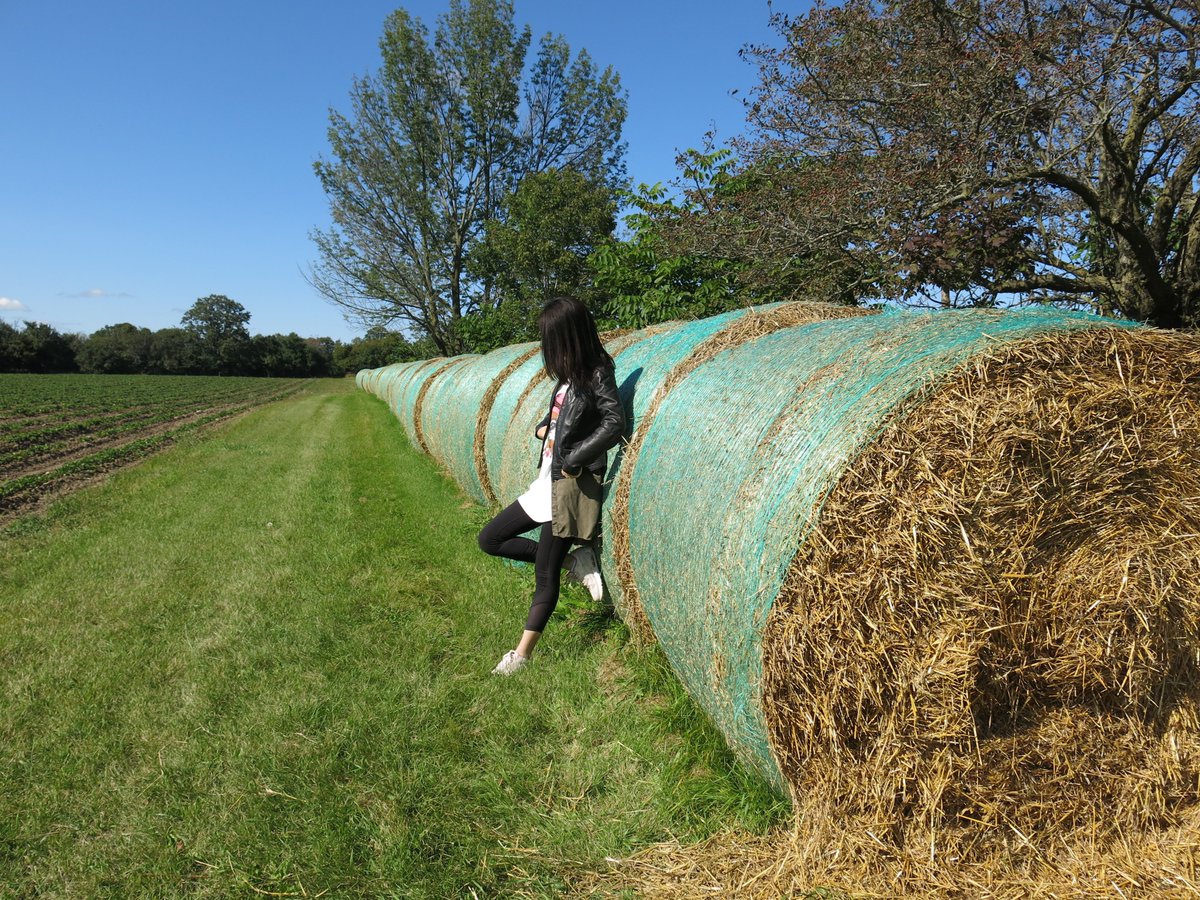Earlier this year Chinese police dragged Joanne Li from her house, manacled her to a chair, and interrogated her for 3 days. Her crime: sending a link on WeChat. For her, WeChat used to be fun. Now it reminds her of jail. http://www.nytimes.com/2020/09/04/technology/wechat-china-united-states.html">https://www.nytimes.com/2020/09/0...
Ms. Li& #39;s story is instructive as the Trump admin weighs a WeChat ban. In Toronto the app connected her to the Chinese community. But over time she saw how it disconnected that group from reality. Rumors were rife. Some were racist, others political:
When Huawei CFO Meng Wanzhou was arrested in Canada, she was unsurprised when Chinese friends in China started saying the country had no rule of law. But she was shocked when many of her Chinese friends in Canada agreed. It showed the power of a state-guided filter bubble.
CUHK prof Fang Kecheng created an open course for Chinese on media literacy. Surprising numbers living overseas joined: "They were outside of China, but their media environment was still entirely inside China, their channel for information was all from public accounts on WeChat.”
Still, Mr. Fang said he opposes a ban. Creating internet blocks, he said, rarely improved the quality of information: “Information is like water. Water quality can be improved, but without any flow, water easily grows fetid.”
After her interrogation, using WeChat can be traumatic for Joanne. She writes with typos, self censors, and longs to stop using it. But she can& #39;t. She needs it for bills, work, and for a gov& #39;t mandated health code: “WeChat is terrible because there is no alternative."
When she was interrogated over the link she shared on WeChat, police insisted China had as much freedom of speech as Canada. It was am authoritarian moment straight from Orwell. “Freedom is the freedom to say that two plus two make four. If that is granted, all else follows.”

 Read on Twitter
Read on Twitter




